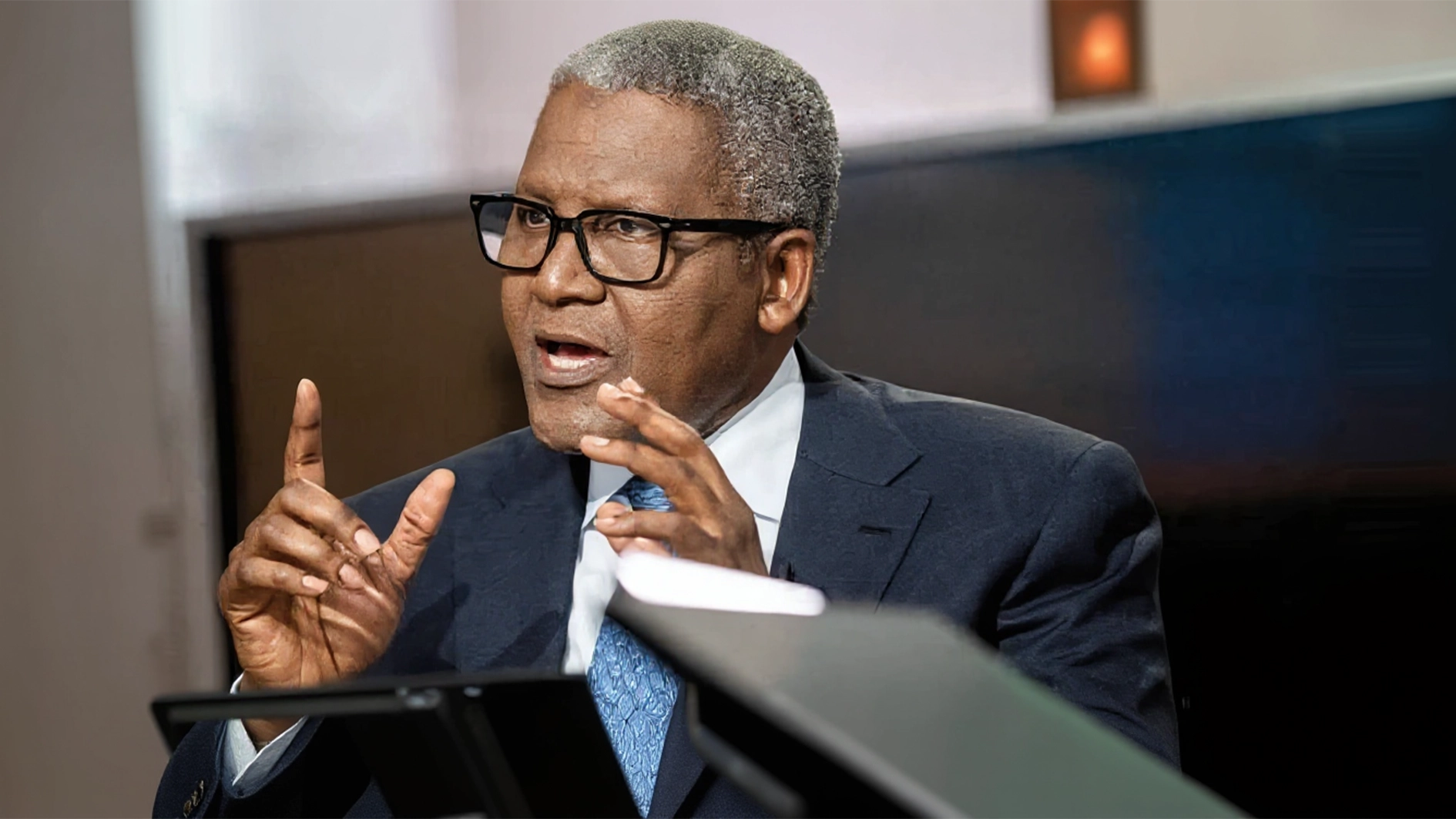The Resource Centre for Human Rights and Civic Education (CHRICED) has raised the alarm over the fate of over two million Indigenous Peoples of the Federal Capital Territory (FCT), saying that the communities face the threat of extinction due to decades of systemic neglect, political disenfranchisement, and cultural erasure.
The organisation lamented that the Abuja Original Inhabitants (OIs), who comprise nine tribes and 17 chiefdoms, continue to suffer from land dispossession, exclusion from political representation, and a lack of legal recognition by the Nigerian state.
CHRICED’s Executive Director, Ibrahim Zikirullahi, raised the concern at the 18th Session of the United Nations Expert Mechanism on the Rights of Indigenous Peoples, yesterday, in Geneva, Switzerland.
According to him, the survival of Abuja’s original inhabitants and the preservation of their identity, dignity, and heritage depend on urgent and coordinated intervention.
Zikirullahi told the gathering that development must never come at the cost of dispossession or cultural extinction.
The ED, who led a six-member delegation to the forum, traced the roots of the community’s hardship to Military Decree No. 6 of 1976.
His words: “Today, over two million indigenous people of FCT, Abuja, otherwise known as Original Inhabitants (OIs), representing nine tribes and seventeen chiefdoms, face systematic exclusion, land dispossession, political disenfranchisement, and cultural erasure. Without urgent and decisive action, these communities risk extinction.
“The roots of their suffering trace back to Military Decree No. 6 of 1976, which forcefully appropriated their ancestral lands to establish Nigeria’s new capital. Since then, successive governments have failed to provide compensation, resettlement, or legal recognition. Not even Supreme Court judgments affirming their rights have moved the Nigerian state to honour its obligations.
“In addition to the systemic marginalisation faced by Abuja’s Original Inhabitants (OIs), We underscore the critical importance of data sovereignty and the right to data as a cornerstone of Indigenous Peoples’ self-determination and development.”
He described the continuing lack of functional healthcare, quality education, clean water, sanitation, and infrastructure in many FCT indigenous communities as a gross violation of both the nation’s Constitution and international human rights instruments.
The CHRICED boss lamented that despite the existence of research by international bodies affirming the presence and identity of Indigenous Peoples in the FCT, the Nigerian government has failed to collect, disaggregate, and utilise these statistics to inform inclusive policies.
This omission, he warned, perpetuates invisibility and exclusion in national development planning, budgeting, and service delivery.
He called on the international community to pressure Nigeria to take urgent action, including formal legal recognition of Abuja’s OIs as Indigenous Peoples, political inclusion through the right to elect local and regional leaders, equitable access to land and resources, cultural preservation programmes, and indigenous-led data initiatives.






